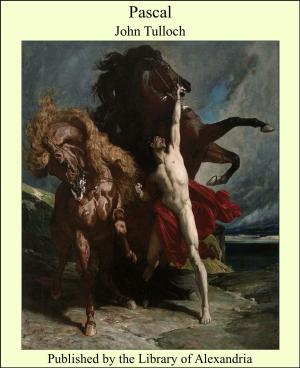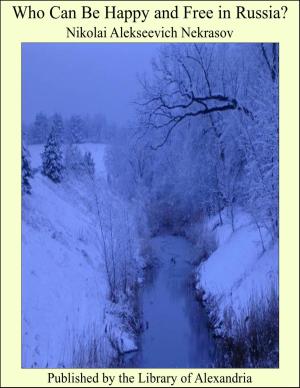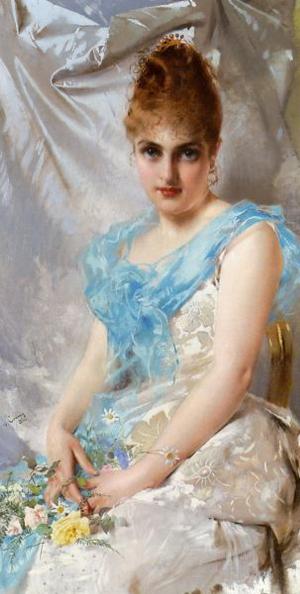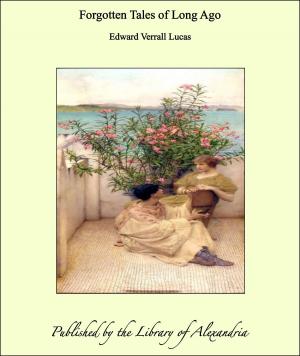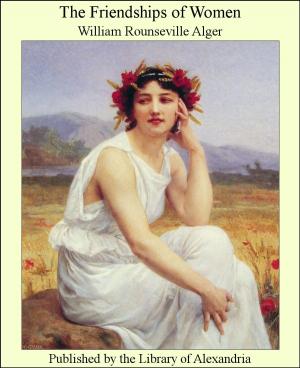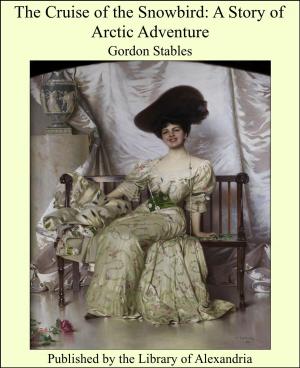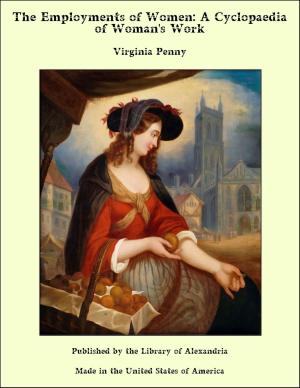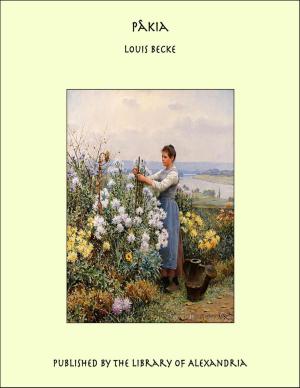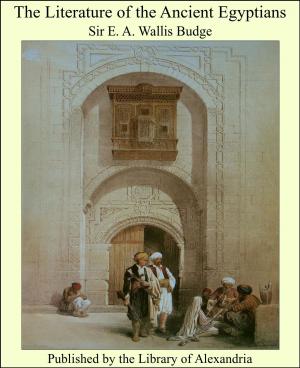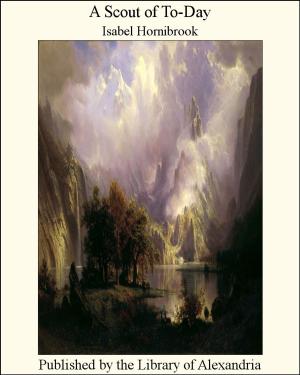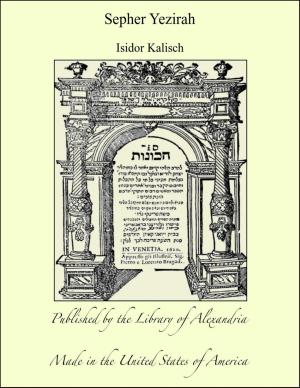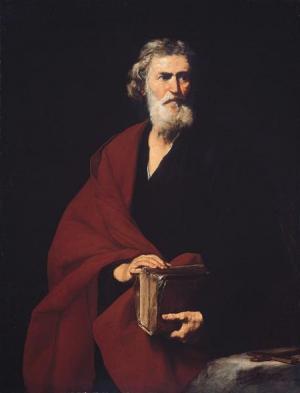Shakespeare Jest-Books Reprints of the Early and Very Rare Jest-Books Supposed to Have Been Used by Shakespeare
Nonfiction, Religion & Spirituality, New Age, History, Fiction & Literature| Author: | Unknown | ISBN: | 9781465588142 |
| Publisher: | Library of Alexandria | Publication: | March 8, 2015 |
| Imprint: | Language: | English |
| Author: | Unknown |
| ISBN: | 9781465588142 |
| Publisher: | Library of Alexandria |
| Publication: | March 8, 2015 |
| Imprint: | |
| Language: | English |
When a small impression of these quaint old books issued from the Chiswick Press, many years ago, under the auspices of the late Mr. S. W. Singer, that gentleman merely designed the copies struck off for presentation to a select circle of literary friends who, like himself, felt a warm interest in every relic of the past which helped to illustrate Shakespeare and ancient English manners. He did not consequently feel under the necessity of furnishing notes, and he preserved not only the old orthography, but the old punctuation, and the most palpable errors of the press. His edition unfortunately laboured under one disadvantage: when he printed, in 1814, the Mery Tales and Quick Answers from Berthelet's edition, he imagined that this was the book to which Beatrice is made to allude in Much Ado About Nothing, and under this idea he christened the volume Shakespeare's Jest Book. He also thought he was safe in assuming that the edition by Berthelet was the only one extant. But Mr. Singer discovered, before his undertaking was a year old, that he had come to an erroneous conclusion on both these points: for an impression of theMery Tales, &c. printed by Henry Wykes in 1567, and containing, with all the old matter, twenty-six additional stories, was brought under his notice, and about the same time a totally unknown work, bearing the very title mentioned by Beatrice, was accidentally rescued from oblivion by the Rev. J. J. Conybeare, who, it is said by Dunlop, picked up the treasure at a bookstall. This was no other than A C. Mery Talys.
When a small impression of these quaint old books issued from the Chiswick Press, many years ago, under the auspices of the late Mr. S. W. Singer, that gentleman merely designed the copies struck off for presentation to a select circle of literary friends who, like himself, felt a warm interest in every relic of the past which helped to illustrate Shakespeare and ancient English manners. He did not consequently feel under the necessity of furnishing notes, and he preserved not only the old orthography, but the old punctuation, and the most palpable errors of the press. His edition unfortunately laboured under one disadvantage: when he printed, in 1814, the Mery Tales and Quick Answers from Berthelet's edition, he imagined that this was the book to which Beatrice is made to allude in Much Ado About Nothing, and under this idea he christened the volume Shakespeare's Jest Book. He also thought he was safe in assuming that the edition by Berthelet was the only one extant. But Mr. Singer discovered, before his undertaking was a year old, that he had come to an erroneous conclusion on both these points: for an impression of theMery Tales, &c. printed by Henry Wykes in 1567, and containing, with all the old matter, twenty-six additional stories, was brought under his notice, and about the same time a totally unknown work, bearing the very title mentioned by Beatrice, was accidentally rescued from oblivion by the Rev. J. J. Conybeare, who, it is said by Dunlop, picked up the treasure at a bookstall. This was no other than A C. Mery Talys.

